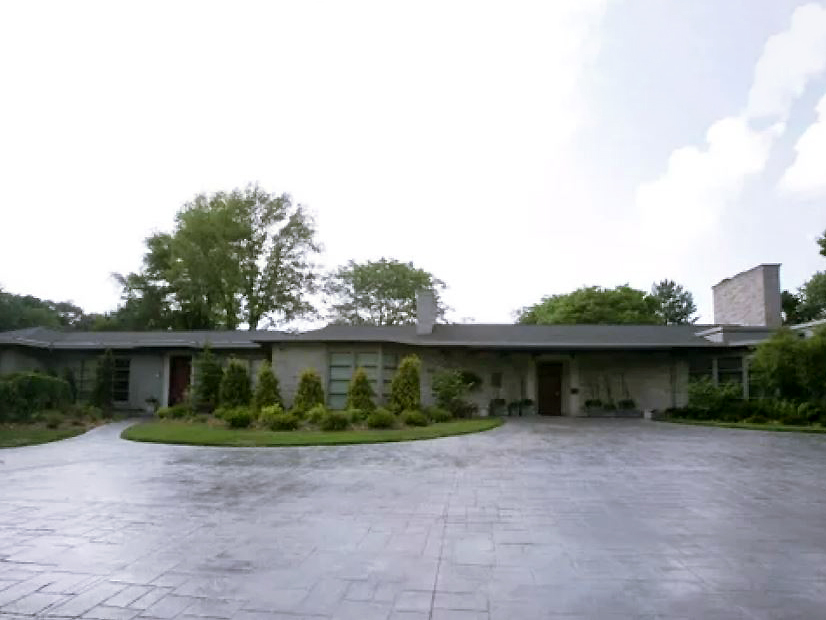LANSING, Mich. – Gov. Gretchen Whitmer’s effort to install two electric vehicle chargers at the state’s Executive Residence have gotten caught up in a controversy over a driveway project at the house.
The state’s Administrative Board last week approved a slightly less than $1 million contract to build a new driveway and install the EV chargers at the residence in the Moore’s River Drive neighborhood — an upper-income neighborhood convenient to both the state Capitol and a large General Motors plant.
Ad Board actions generally are little noticed by the public, but once concrete started getting laid at the residence on July 28, the project gained controversy because it involves all taxpayer funds, and the contract was awarded with a no-bid contract.
Whitmer and her office have said adding the EV chargers is an effort at “leading by example,” as the state has taken major steps to be a leader in EV production and battery development.
But Rich Studley, the former chief executive of the Michigan Chamber of Commerce and a frequent critic of Whitmer, tweeted that the driveway and EV chargers are really an example of “greed.”
It isn’t the chargers themselves that are causing the controversy, but the whole nature of the project.
Michigan has two executive residences for the governor: the Lansing ranch-style house and a cottage on Mackinac Island. Michigan did not have a gubernatorial residence in Lansing until the 1963 Constitution required one, and the current residence was donated to the state. Then-Gov. George Romney was the first governor to live at the house.
While routine upkeep and maintenance of both residences is paid for by the state, major projects usually are financed through private donations. One of the most recent major renovations of the Lansing residence, done while U.S. Energy Secretary Jennifer Granholm was Michigan’s governor, was funded privately.
The new driveway must be commercial grade, twice as thick as most residential driveways, because the residence has a fair number of commercial and city vehicles — including garbage trucks to handle the building’s dumpsters — use the property. That accounts for much of the cost.
With the Legislature is on summer break, and controlled by Democrats, it’s unlikely there will be any attempt to block the project, which should be complete in August. Whether there will be an effort to refund the state for its cost through private donations has not yet been discussed, publicly at least.



